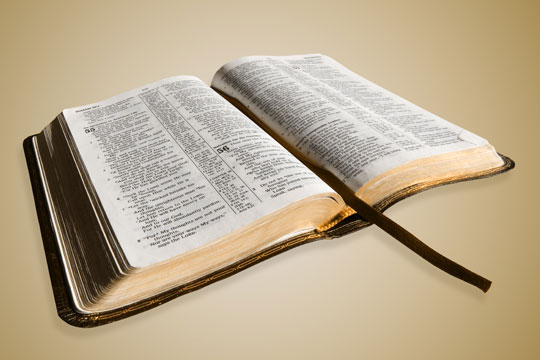
Is preaching homilies a challenge? Certainly. Any congregation can appreciate the fact that it is not possible to be spectacular week in and week out. By the same token, this is precisely why (theoretically) only specific individuals are ordained for this task: they are supposed to be individuals with a charism for preaching who have undergone extensive training and formation to hone that skill for the good of God’s People, the Church. Thus, homilists have no more of an excuse for delivering poor homilies than doctors, lawyers, or other professionals have for performing poorly in their professions. That’s their job.
One of the problems that I encounter listening to homilies at parishes all over the country is that, too often, what is being delivered is not truly a homily. I hear a lot of the following:
- editorials: “The problem with our city/state/country/the world/the Church is -N- and here’s how I think it should be fixed.”
- musings: “Here’s an interesting thought that occurred to me from today’s readings and I thought I’d share it with you.”
- inspirational moments: “Today’s Scripture made me think of this cute, heartwarming story which I hope inspires you to feel good.”
- self-improvement fervorinos: “Today’s Scripture readings should inspire us to try a little harder to practice the following virtue(s) that will lead to self-improvement.”
- doctrinal summaries: “Today’s Scripture readings remind us about the following doctrine and my job is to make sure you get it right.”
- biblical exegesis: “I learned some really interesting things about today’s Scripture readings when I was in seminary and I want to impress you with my knowledge.”
Simply put, a homily is AN INVITATION. It is an invitation to consider an alternate reality, the Kingdom of God. It is an invitation to consider a new way of living: a new way of thinking, seeing, believing, and acting that is intended to replace an unhealthy way of thinking, seeing, believing, and acting. It is an invitation to embrace the Good News of Jesus Christ that replaces the bad news that we get from other sources.
For us lay folks, the reality of poor homilies is most frustrating because there is little we can do about it. It’s not like we can volunteer to get on the preaching schedule. Since lay people do not have the privilege of preaching homilies, we often feel helpless when faced with poor ones. But since lay people are the ones who listen to homilies, it seems only right that every parish should have a homily preparation team/ministry as part of its adult faith formation efforts. What would such a ministry look like?
- The homilists would gather, form, and commission a team of parishioners to serve in this capacity.
- The homilists would meet weekly with this group to review the previous week’s homily and to read, pray, and discuss the upcoming Sunday’s Scripture readings and discuss what direction the homily might take.
- The team would reflect on and discuss the following questions:
- What part of the Scripture readings proposes a new way of thinking, seeing, believing, and acting?
- How can we practice this new way of thinking, seeing, believing, and acting in our daily lives?
- What is the bad news that this homily and the Scripture readings are capable of dispelling?
- The group would then help the homilists to summarize the “big idea” of their homily in one brief, succinct, and yet powerful statement—along the lines of something that could be easily shared on social media.
The New Evangelization deserves, nay, requires excellence in homilies. Whether they are eight minutes or 18 minutes, homilies must have as their goal nothing less than changing the world to reflect the values of God’s Kingdom. Adult parishioners can and should collaborate with homilists in preparing homilies that can change the world by transforming hearts and minds.




Be the first to comment